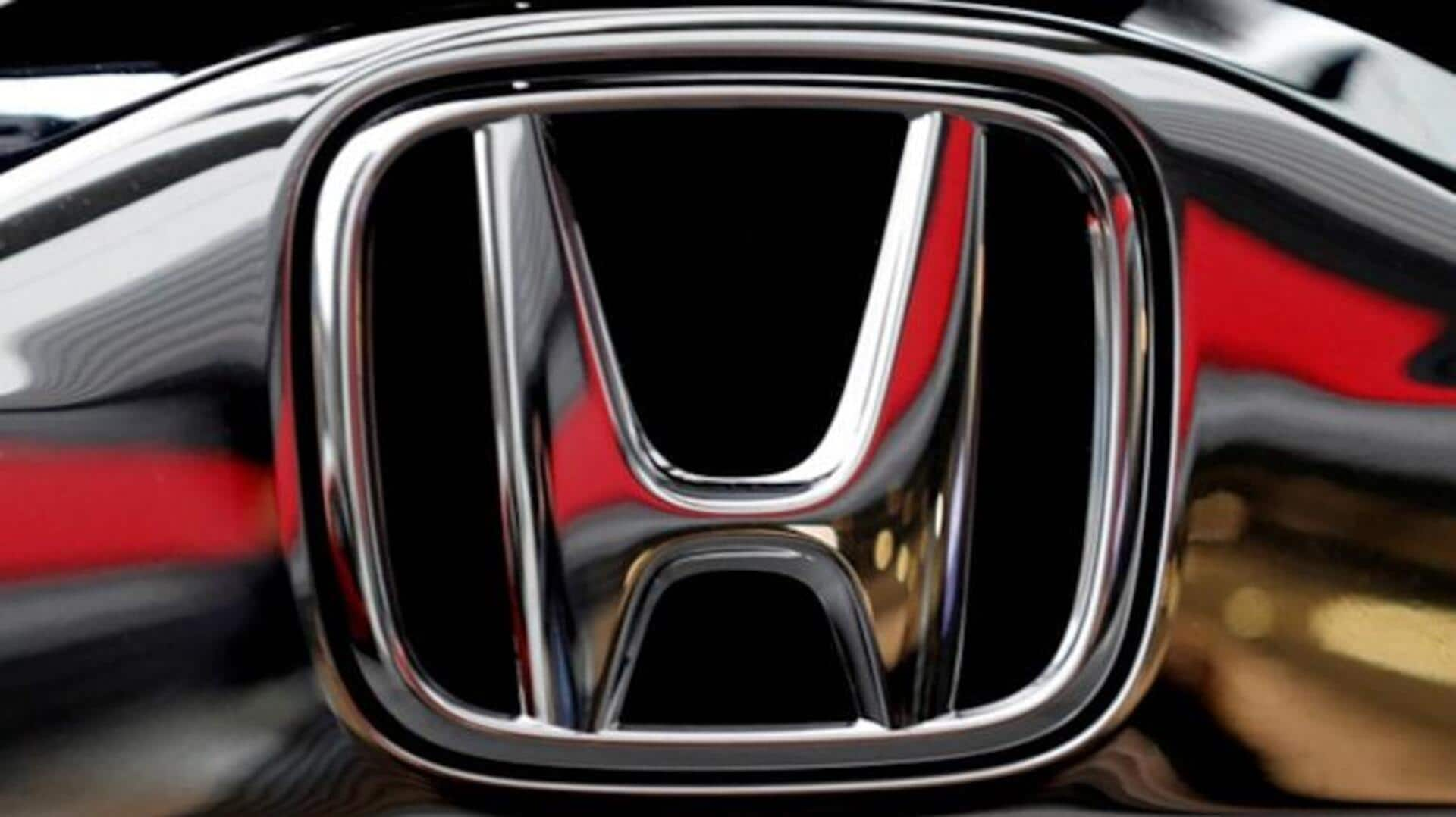
Merger no more? Honda wants to acquire rival Nissan
What's the story
Honda's shares soared today after Japanese media reported that the company is eyeing a takeover of its ailing rival Nissan.
The acquisition, if it goes through, could derail the ongoing merger talks between the two automotive giants.
They had entered talks in December for a possible collaboration to create the world's third-largest automaker. The move was aimed at competing with Tesla and Chinese EV makers.
Acquisition details
Honda's CEO denies bailout intentions for Nissan
Honda's CEO has clarified that this isn't a rescue mission for Nissan, which announced massive job cuts last year after a 93% decline in its first-half net profit.
Japanese public broadcaster NHK and other media outlets reported that Honda plans to buy Nissan stocks and make it a subsidiary.
This is different from the initial plan of merging under a new holding company.
Autonomy fears
Nissan's autonomy concerns may hinder Honda's proposal
Honda's proposal is likely to meet strong resistance from Nissan over its autonomy.
The development raises new questions about how Nissan, which is currently implementing a recovery plan involving 9,000 workers and 20% of global capacity, will navigate its latest crisis without external help.
In Wednesday morning trade, Honda shares rose over 4% while Nissan also rose over 7% before settling at a 3.3% rise before the break.
Official stance
Companies remain tight-lipped about merger discussions
A Honda representative told AFP that there has been no official announcement about the acquisition and declined to comment further.
Nissan said merger discussions were "ongoing" and plans to finalize its direction by mid-February.
The Asahi newspaper reported that both firms will soon hold separate board meetings to discuss various issues, including the potential termination of talks.
Merger doubts
Nissan executive expresses doubts about merger feasibility
The Yomiuri daily quoted an unnamed Nissan executive expressing skepticism about the merger, calling it "almost impossible" due to challenges in satisfying shareholders on both sides.
This comes amid a challenging business environment for automakers due to subdued consumer spending and intense competition in several markets.
This is particularly true in China, where electric vehicle manufacturers like BYD are dominating as demand for less polluting vehicles increases.